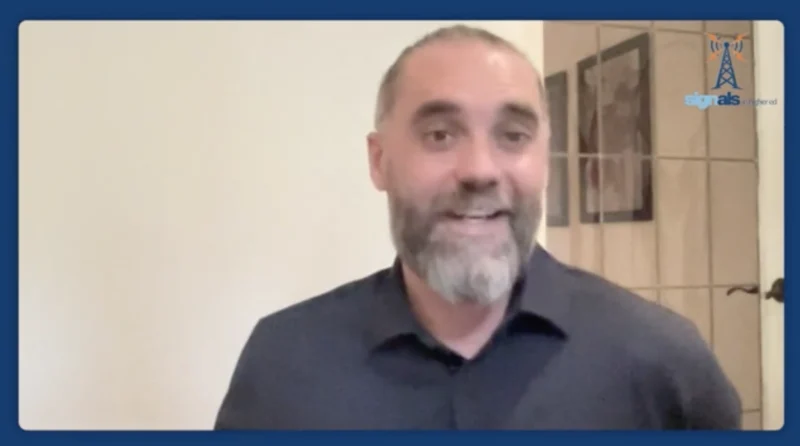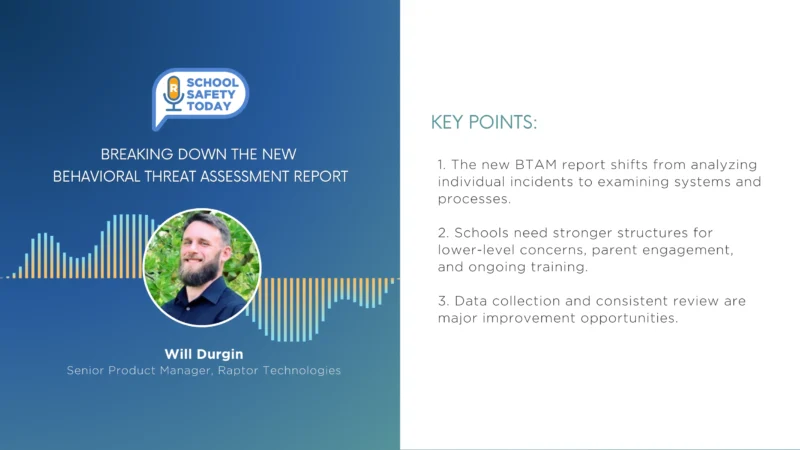Assessment in Our Education System: A Barrier and an Opportunity
In today’s time-based education system, Students take tests and receive assessments based on those results. But what are the takeaways and feedback for students? Do students understand the results, where they went right, or where they went wrong? What are the quality levels of these assessments, and do they provide opportunities to improve a student’s learning? Perhaps there are ways to improve the process.
The Future of Education’s Michael Horn believes a different model for assessments that include shorter, more frequent testing for and of learning could be a way to break down the barriers and lead to better results.
Horn’s guest, Arthur Vanderveen, CEO of New Meridian Corporation, knows a lot about changing the paradigm of assessments in the education system. His work propels the system forward to a more learner-centered vision.
“I developed my expertise with assessment when I was at the college board and when I led assessments for the New York City Department of Education. I also had the opportunity to help launch and run the Innovation Zone under then chancellor Joel Kline,” Vanderveen said. “An interesting intersection, because the I Zone was all about how can we develop and support schools in developing more student-centered, personalized learning models, doing that work while also running all of the assessment programs for the New York City Department of Education.”
Horn and Vanderveen discuss…
• The current state of state assessments
• How are present-day assessments holding education back from innovative approaches
• How New Meridian is working to shape and improve the curriculum, learning, testing, and assessment process
“It’s ridiculous how much money states spend on customized end-of-year assessments that are all essentially measuring the same standards,” Vanderveen said. “Yet every state creates its own custom assessment underlying our model in all subjects. States
should be able to share assessment items and realize those efficiencies by licensing content and using that in their state.”
Arthur Vanderveen is a highly effective leader who integrates strategy, talent management, and disciplined execution to create successful, sustainable, and profitable enterprises. His 20 years of leadership experience in business development, strategic partnerships, and product management in K-12 education focuses on fostering strategic public-private partnerships that deliver innovative products and services to K-12 schools. Vanderveen holds a B.A. in English from Colorado College, M.Div. in Educational Psychology & Theology from Princeton Theological Seminary, and a Ph.D. in English from The University of Texas at Austin.




